Russia pension reform: Small-town opposition gathers as Kremlin gets nervous
Opposition to plans to raise retirement age most acute in small industrial towns like Angarsk, Siberia, but authorities are cracking down
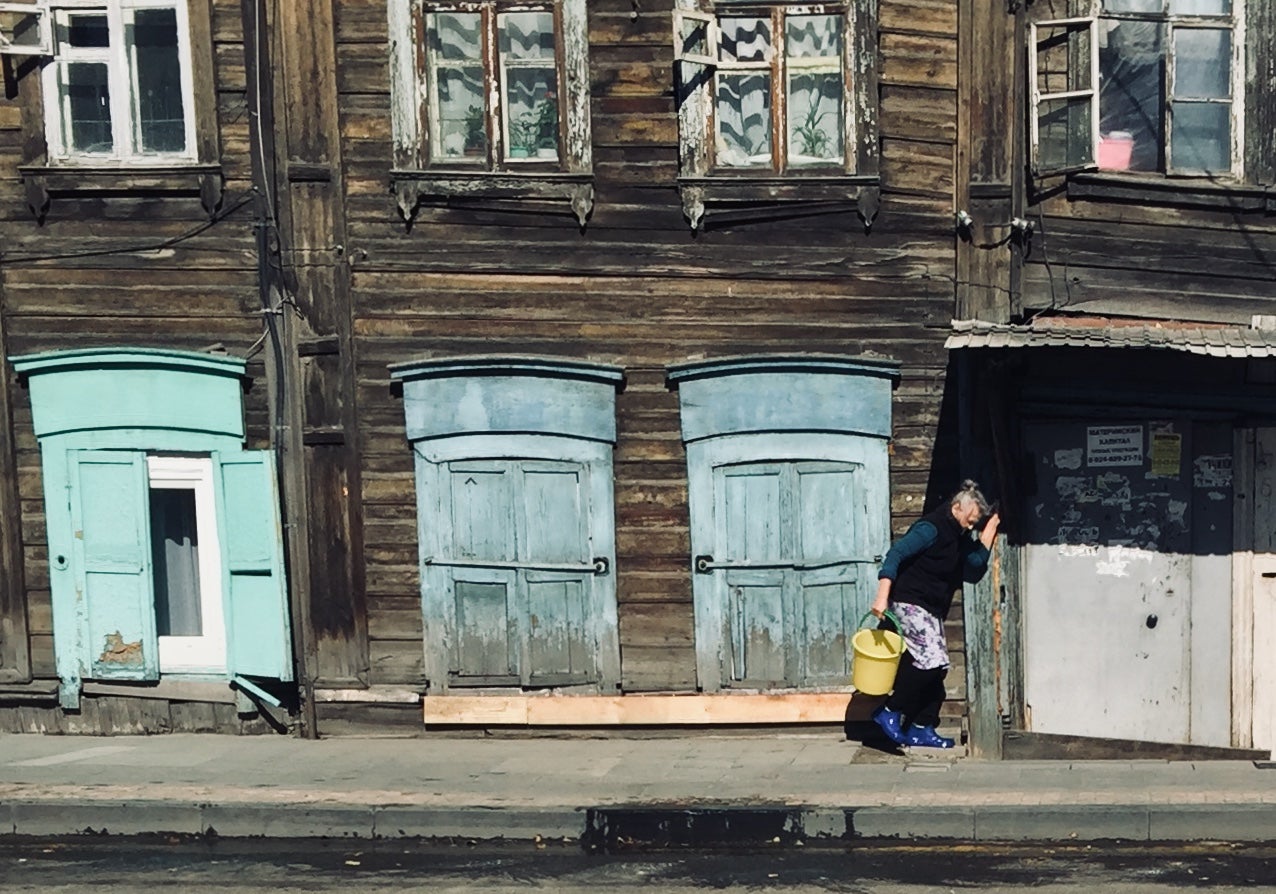
Your support helps us to tell the story
From reproductive rights to climate change to Big Tech, The Independent is on the ground when the story is developing. Whether it's investigating the financials of Elon Musk's pro-Trump PAC or producing our latest documentary, 'The A Word', which shines a light on the American women fighting for reproductive rights, we know how important it is to parse out the facts from the messaging.
At such a critical moment in US history, we need reporters on the ground. Your donation allows us to keep sending journalists to speak to both sides of the story.
The Independent is trusted by Americans across the entire political spectrum. And unlike many other quality news outlets, we choose not to lock Americans out of our reporting and analysis with paywalls. We believe quality journalism should be available to everyone, paid for by those who can afford it.
Your support makes all the difference.Sergei Brenyuk appears from behind Lenin’s statue dressed in an oversized navy suit, his thinning white hair combed to one side.
With local elections on Sunday, the 63-year-old councillor and activist says he is busy but will give The Independent a quick tour of Angarsk, the Siberian town he made his home 30 years ago.
“Karl Marx Street,” he says. “Was always was against the idea of renaming it. Much preferred Stalin Avenue [the old name].”
Detractors like to dismiss Mr Brenyuk as “the Stalinist of Angarsk”. But his quirky, no-nonsense style has made him popular here, and a natural leader for protests against plans to raise the pension age. The same stubborn features have put him on a collision course with Kremlin apparatchiks.
“They can’t stand me, but they can’t scare me,” he says. “They have no right to ban these rallies.”
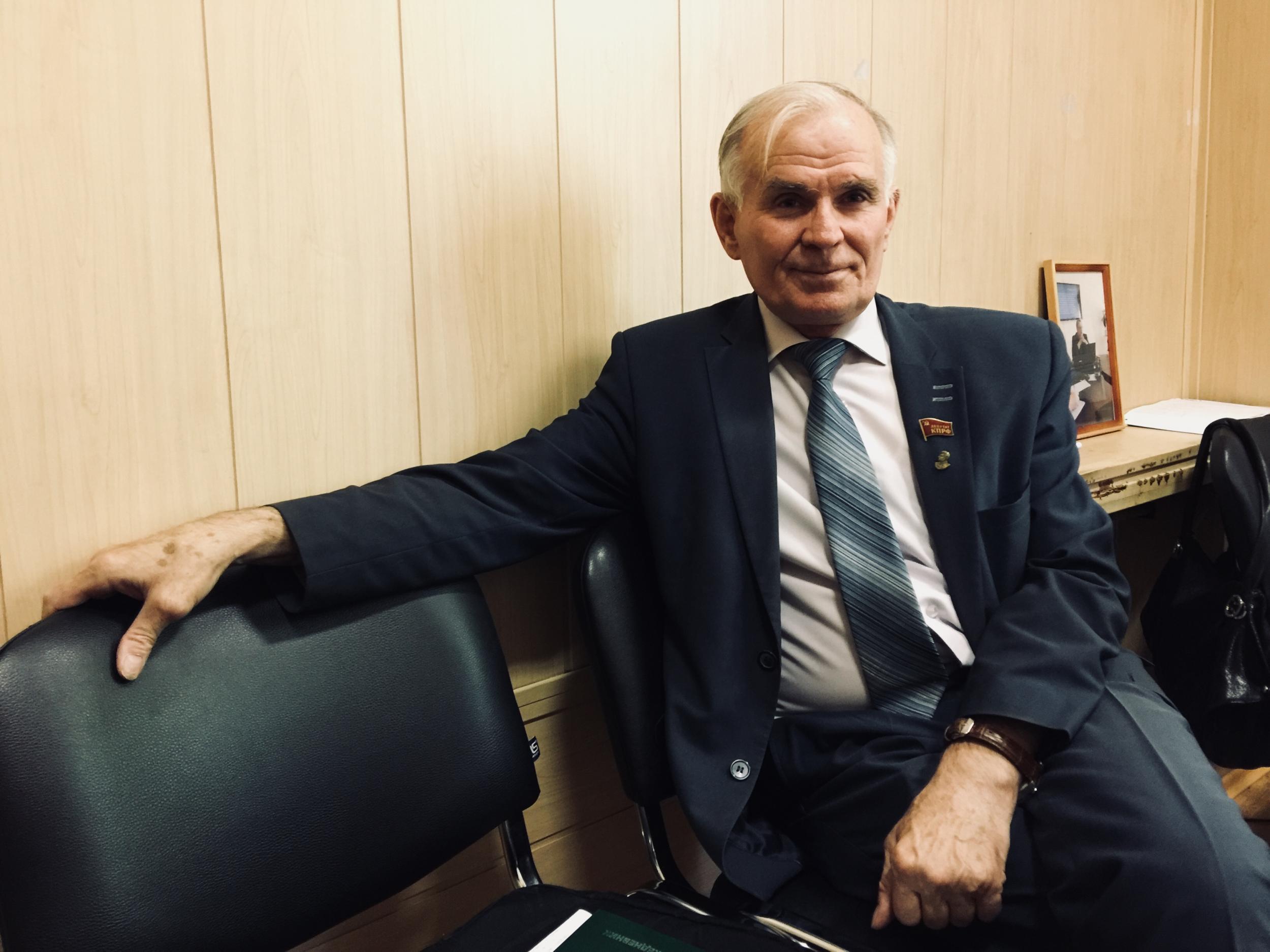
This week, ahead of the election and more anti-pension reform rallies, Mr Brenyuk was twice called in for questioning by police over an “unsanctioned” rally he organised on Thursday. Only a few hundred joined him that day. The numbers were down from the 1,500 who attended rallies in July and August. But the drop was understandable given the risk of arrest and still represented a significant chunk of the town’s 250,000 population.
If the Kremlin’s current proposal is carried later this month, retirement ages will rise to 65 for men and 60 for women.
In some areas of the country, the proposal seems reasonable. With sanctions biting, money short and life expectancy rising, something has to give. People in the capitals and more temperate climates can expect to live well past their 60s.
But not in Angarsk. Life here is tough. On the western edge of Lake Baikal the climate – humid and cold – can be severe. Medical care is dire. Wages are poor. Alcoholism and smoking-related illnesses are persistent, though falling. The ecology is so bad that the part of town near a former uranium enrichment plant is considered to be a healthy option.
With male life expectancy barely above 60, few of Angarsk’s working population can hope to take significant pensions at all.
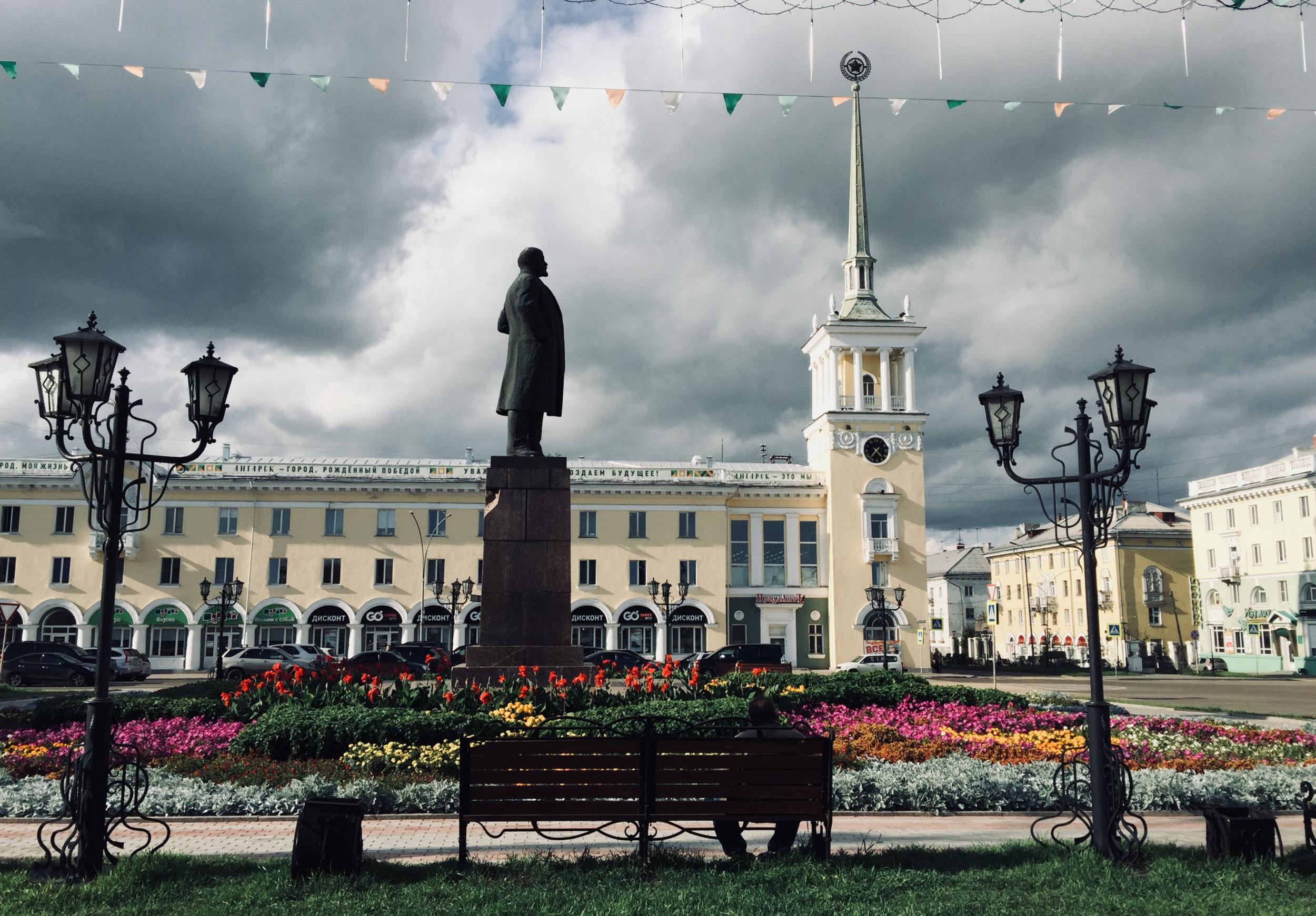
Sasha, 48, who asked not to be identified further, is a driver at the nearby power plant. He says says the sense of “injustice” made the reform “difficult to swallow”.
He did not expect to get a pension, he says. He had seen how few of his elder colleagues reached pensionable age. Those that did managed a year or two at best and serious illness usually sets in earlier. Coal particles hang around in the air and in the lungs causing all kinds of ailments. He has a “crippled” back from the long days he spends behind the wheel, he says, though he has seen much worse in other people.
“The reform has become the hot topic at work, and no-one is happy,” he says. “The gripe is simple: everyone has put their bit into the pot, and now they are being told that they are getting nothing back. Everyone is asking, whose pockets are we lining?”
The Kremlin’s pension proposals fundamentally challenge the way Russian citizens view old age, says Lev Gudkov, director of Levada Centre, which is the country’s only reputable polling organisation.
Two incompatible “philosophies” are at play: The authorities see pensions as compensation for unemployment, but the population sees it as a guarantee for old age. Few can live on the basic allowance of 8726 rubles (£100) per month or even the average pension of 13,323 rubles (£140). Most continue to work as long as their health allows them, using the pension as a subsidy for low wages.
Gudkov says his organisation has recorded a major shift in opinion in focus groups.
“People say it isn’t fair to reform pensions while spending so much on the military, in Syria, on bureaucrats’ wages and so on,” he says. “They view the decision to take away the extra income for men after 60 is as legalised robbery, theft, basically.”
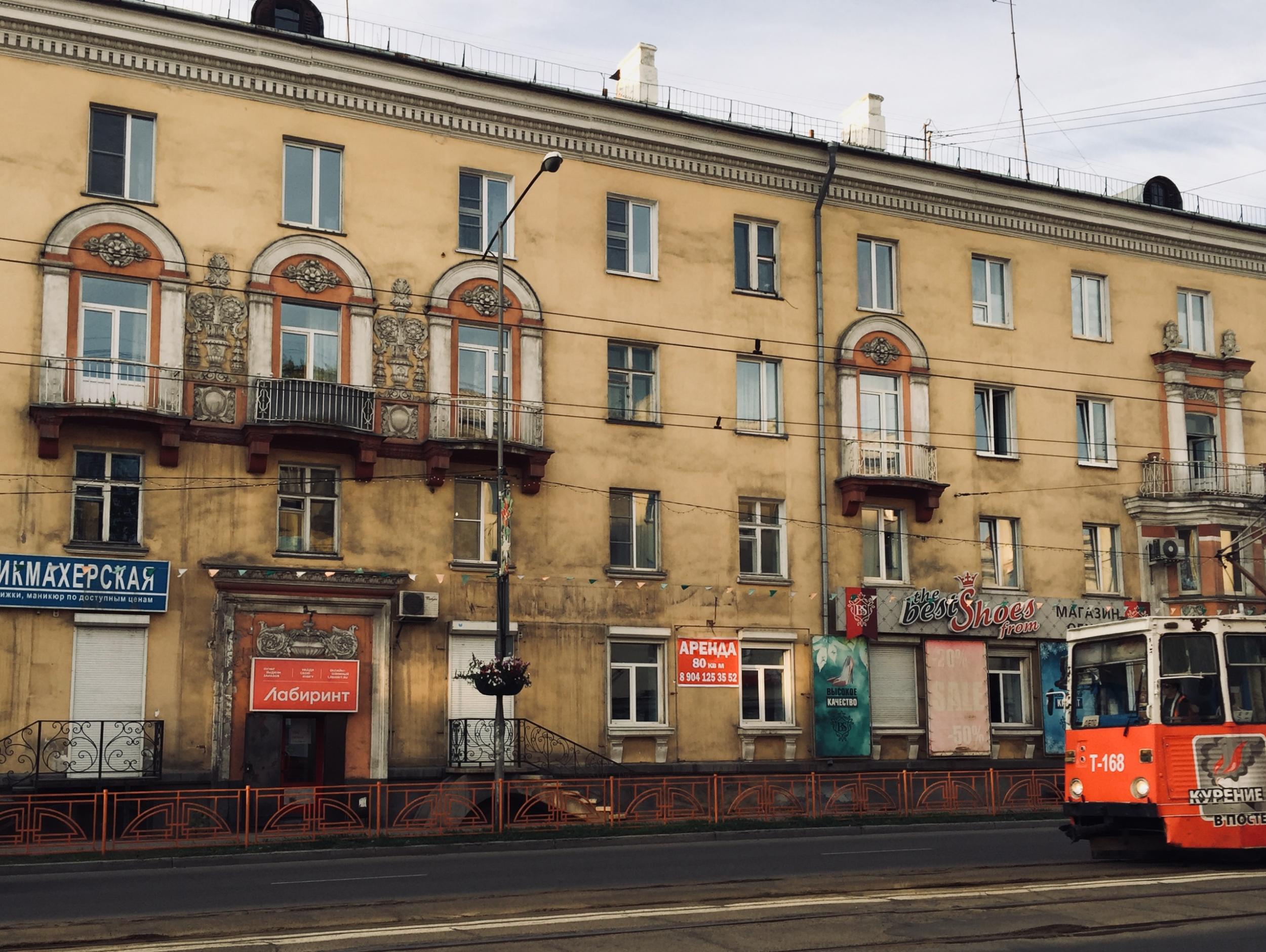
According to Levada Centre polls, more than half of the population say they would attend protests against raising the pension age. These are significant numbers considering the extent to which the Kremlin controls the political space in Russia.
In the same polls, 77 per cent were against the reform, and only 10 per cent in favour. The anger is apparently most concentrated in small regional towns like Angarsk.
Unsurprisingly, authorities have been reluctant to embrace the massive protest sentiment. They moved swiftly, blocking most protests organised by opposition leader Alexei Navalny. The Kremlin foe was even arrested at the end of August and will watch the rallies from a detention cell.
A significant number of arrests are expected as those unsanctioned rallies play out across the country.
President Vladimir Putin initially tried to stay above the crisis. It was a matter for the prime minister and his administration, his spokesman Dmitry Peskov insisted. But over time, as the president’s ratings fell stubbornly from the mid 80s to low 60s, he was forced to act.
No longer the “teflon” president, Putin had became a vulnerable politician again, says Gudkov.
At the end of August, Putin appeared on state TV to present several compromises to the nation. The main essence of the reform remained, but there were adjustments to the pension age for women. They would work to 60, not 63, since Russia “cared for its women”. (Russian women, in fact, outlive men by over a decade on average.)
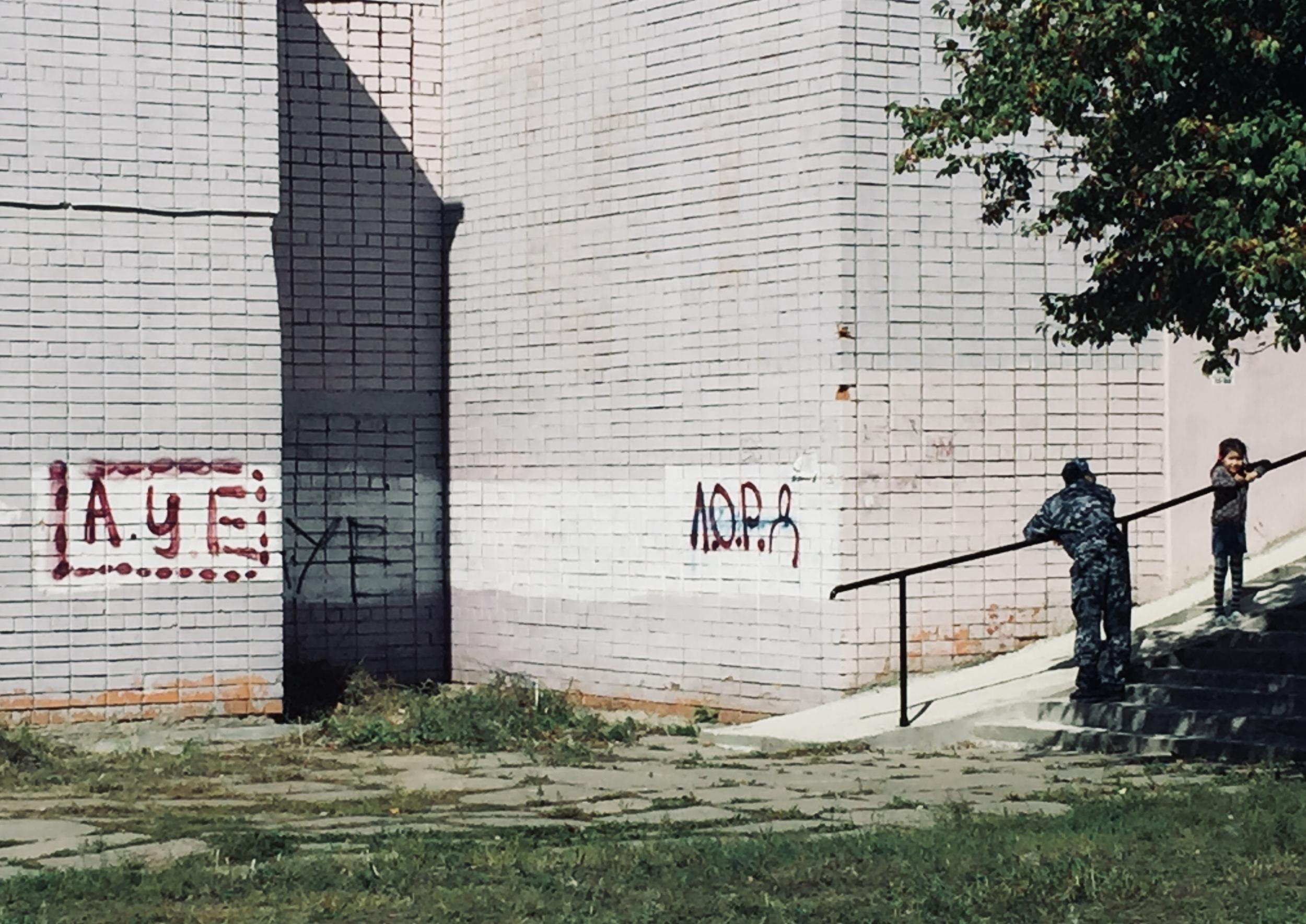
Not everyone was convinced.
“Those who can think for themselves understand it was a manufactured ploy, and no real concession,” says Vycheslav Ivanets, a lawyer and co-organiser of the protests in Angarsk. “But most people will let the television make their minds up for them.”
He concedes his grandmother was “ecstatic” when she heard Putin’s speech: “’Look, he’s against the system.’ she said. ‘He stopped them. Thank god for Putin!’”
The Kremlin can be confident that its propaganda and the lack of a credible political vehicle for the protests will limit the prospects for significant rebellion.
But the major factor in its favour is fear, suggests Ivanets.
“People understand that attending a rally now risks prison, losing livelihoods, and worse,” he said. “They see how people are being imprisoned for social media posts. They understand the authorities can be ruthless.”
Last year, the head of Navalny’s local political headquarters was sentenced to 30 days in one of the most notorious of Irkutsk’s prisons. He contracted tuberculosis during his time in jail.
At some point during The Independent‘s interview with Ivanets, a grey jeep pulled up into the deserted courtyard outside. Two men inside appeared to be taking notes.
Following the interview the jeep followed this reporter most of the 26 miles back to Irkutsk.
It was not immediately apparent who the two men were, or who they were monitoring; the foreign journalist or the protest leader.
Whatever the reality, the close interest in our reporting suggested some people were leaving nothing to chance.
Join our commenting forum
Join thought-provoking conversations, follow other Independent readers and see their replies
Comments